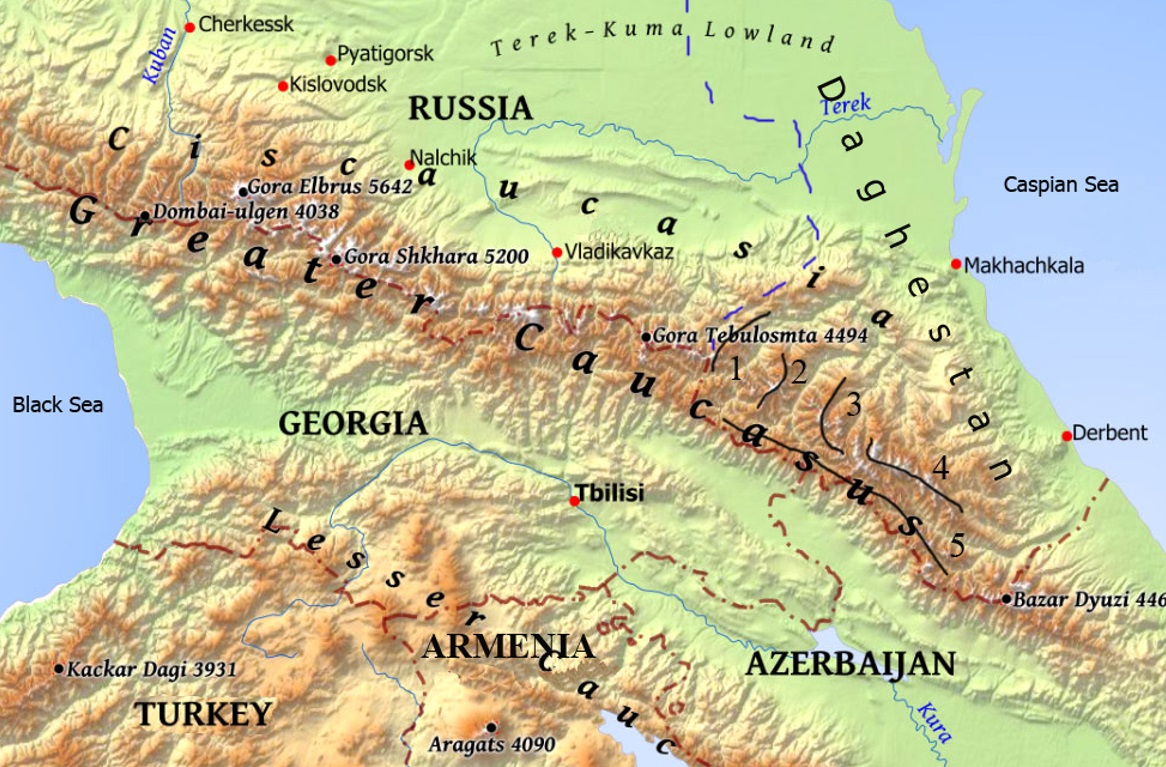The Republic of Dagestan, Russia, has seen the creation of 10 anti-poaching teams who have been working with local gamekeepers to patrol the range of the Eastern Caucasian Tur, located high above the valleys below at an altitude of 11,800 feet. While still in the formative stages, the anti-poaching units have already detained 41 poachers, collected 78 illegal traps, and confiscated 14 illegal firearms. As the anti-poaching teams become more organized and effective, their efforts to conserve the fragile habitat of all wildlife in the region will continue to improve.



The success of the anti-poaching unit has prompted the creation of a program to raise awareness among local communities about the value of wildlife conservation. Utilizing local school classrooms, as many community members as possible are educated on the status of the Eastern Caucasian Tur and how to avoid competition with livestock. Community members are also invited to view turs at an open-air enclosure for injured wildlife so they can become familiar with them. A special emphasis is placed on the idea that turs are not a competitor to livestock, they are capable of coexisting and bringing opportunity to the area.

Although tur populations have experienced declines in most countries in the Caucasus Region, in countries like Azerbaijan and Russia legal hunting programs have brought in considerable amounts of revenue, which contributes substantially to conservation and the local economy in an area where employment and business opportunities are scarce. With such an incentive, those who live with the East Caucasian tur are inspired to protect a species in which they now have a stake.
In neighboring Georgia, hunting is not permitted and the local tur populations have subsequently declined significantly. Without the economic incentives provided by hunting, this motivation to protect the tur and their habitat disappears.


SCI Foundation is proud to continue working with the Caspian Institute of Biological Resources Russian Academy of Sciences in Dagestan, Russia as researchers uncover the state of this iconic species and continue to track the success of these programs as they evolve. We applaud the local communities in the rural, high-alpine areas for taking the initiative to turn an extremely rare and valuable natural resource into a powerful incentive for conservation. Stay tuned for more updates on how hunting is helping conservation and hard-working locals are protecting the ecosystem.
